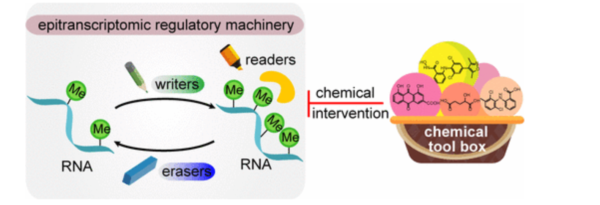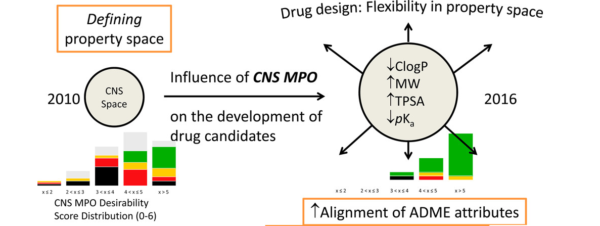In the field of epigenetics, small molecule drug design has emerged as a groundbreaking approach to modulating the intricate network of epigenetic mechanisms that regulate gene expression. Epigenetic modifications, such as DNA methylation and histone modifications, play a pivotal role in various diseases. This article delves into the realm of small molecule drug design within the context of an Epigenetics Focused Set, highlighting the potential in developing novel therapeutics and advancing personalized medicine.
Understanding Epigenetic Targets:
The Epigenetics Focused Set revolves around targeting specific epigenetic proteins and enzymes involved in DNA methylation, histone modifications, and chromatin remodeling. These targets include DNA methyltransferases (DNMTs), histone methyltransferases (HMTs), histone acetyltransferases (HATs), and histone deacetylases (HDACs), amongst others. By selectively modulating these targets, small molecules hold the potential to restore normal epigenetic patterns and gene expression profiles, ultimately offering therapeutic intervention.
The Power of Small Molecule Drug Design:
Small molecules are well-suited for drug design due to their diverse chemical structures, ease of modification, and potential for oral administration. Their ability to specifically interact with targeted proteins and enzymes makes them valuable tools for modulating enzymatic activities and influencing epigenetic processes with precision.
DNMT Inhibitors:
DNA methylation, catalyzed by DNMTs, is a critical epigenetic modification that can silence tumor suppressor genes in cancer and lead to disease progression. Small molecule DNMT inhibitors, such as azacytidine and decitabine, have proven efficacious in reactivating silenced genes and restoring normal gene expression patterns. These inhibitors have received FDA approval for the treatment of certain cancers, highlighting the potential of small molecules in cancer therapies.
HMT and HDAC Inhibitors:
Histone modifications, including methylation and acetylation, regulate gene expression by altering chromatin structure. Small molecules targeting histone methyltransferases (HMTs) and histone deacetylases (HDACs) have shown promise in modulating gene expression profiles associated with cancer, neurological disorders, and other diseases. Selective inhibitors of HMTs and HDACs have the potential to restore gene expression patterns, offering novel therapeutic strategies.
Chemical Probes in Drug Discovery:
Utilizing small molecules as chemical probes has played a crucial role in understanding the intricacies of epigenetic processes. These probes allow researchers to investigate the functions of targeted enzymes and proteins and assess the potential of small molecule interventions. By characterizing their pharmacokinetics, mechanism of action, and specificity, chemical probes aid in the design and optimization of small molecules for therapeutic purposes.
Advancing Personalized Medicine:
Epigenetic alterations are known to be heterogeneous across different diseases and patient populations. The Epigenetics Focused Set presents exciting opportunities for personalized medicine. By tailoring small molecule drug design to specific epigenetic profiles observed in patients, it may be possible to develop individualized treatment strategies, maximizing therapeutic efficacy and minimizing off-target effects.
Challenges and Future Directions:
While small molecule drug design in epigenetics has shown tremendous potential, challenges remain. Optimizing the selectivity, potency, and bioavailability of small molecules is crucial for effective drug delivery and reducing potential side effects. Additionally, understanding the complex interplay of epigenetic modifications and identifying synergistic therapeutic combinations are areas of active research and exploration.




